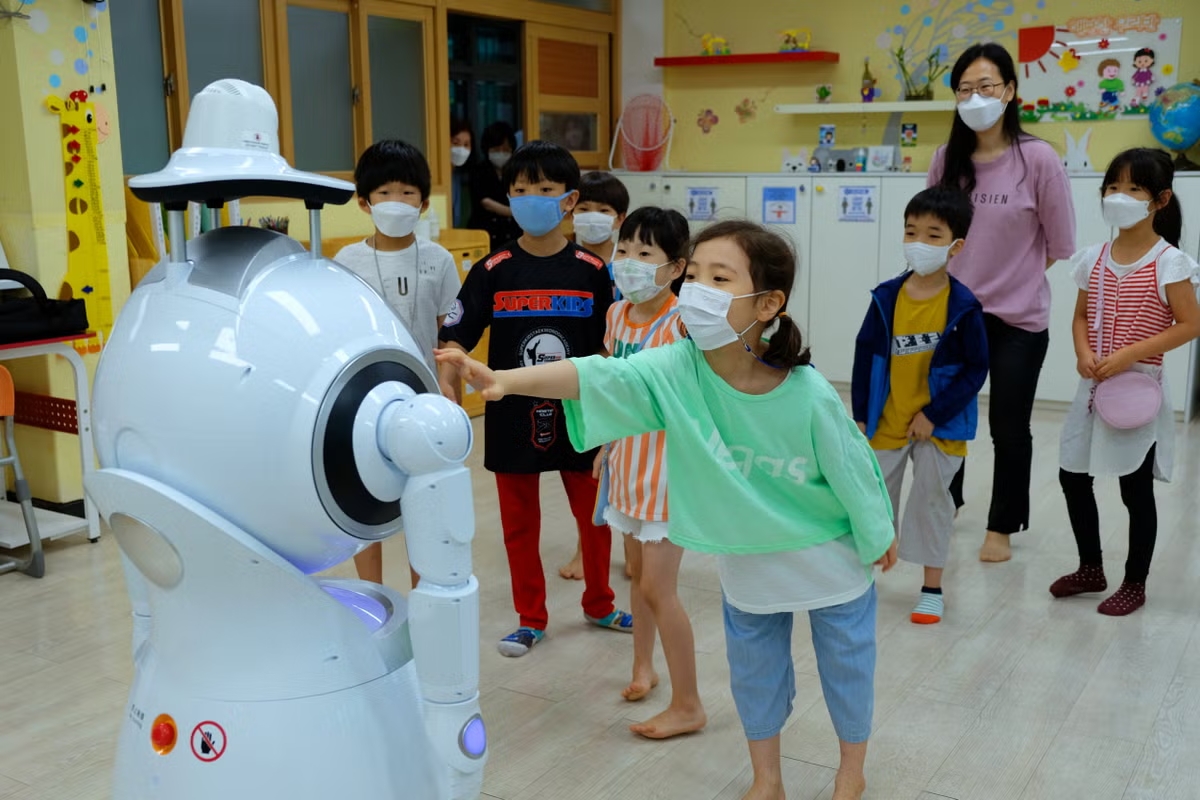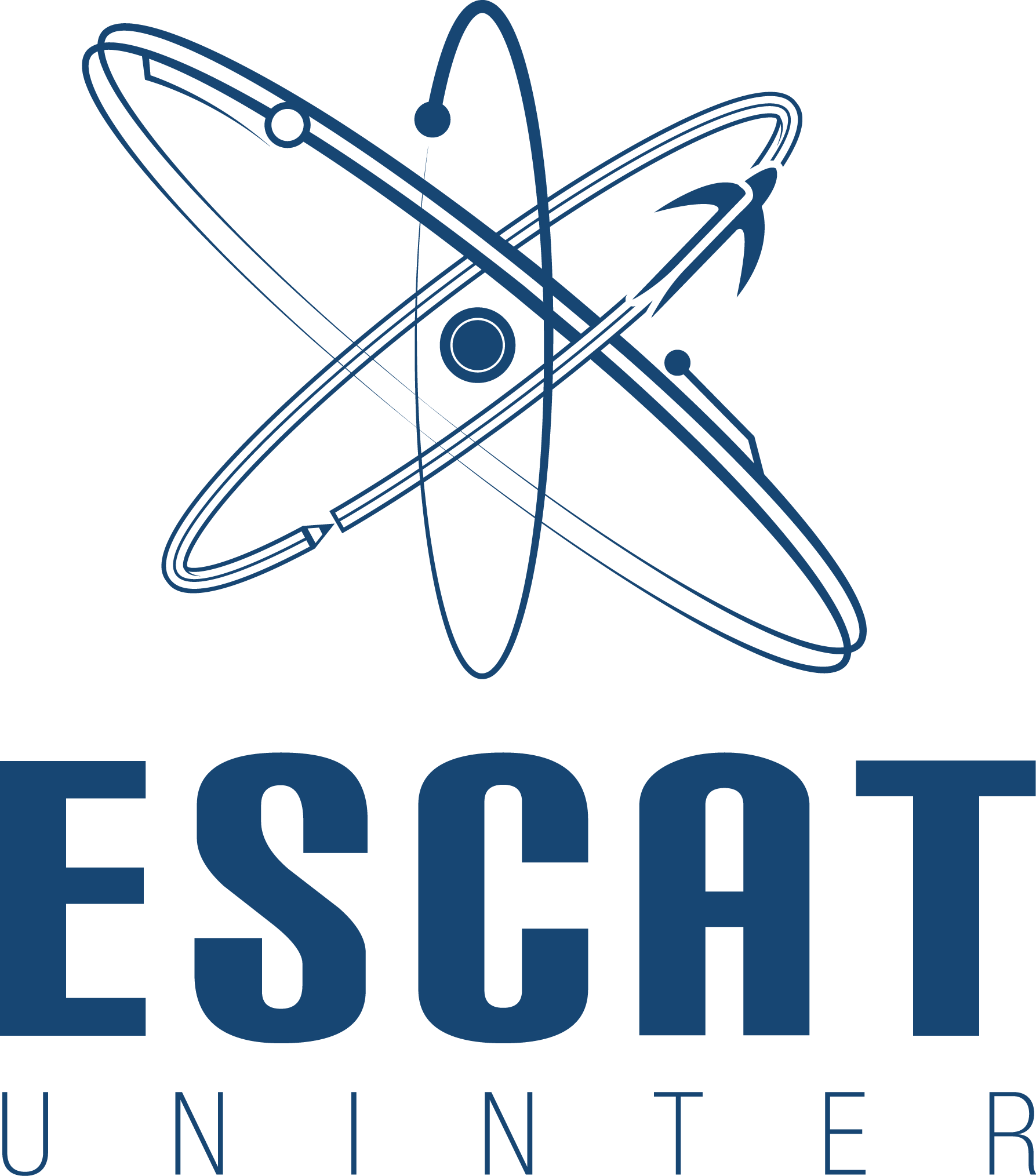These robots provide a customized education service, enabling them to learn the language at their own pace.
Robots powered by artificial intelligence will aid English education in five elementary and middle schools in Seoul starting in October 2024, the Seoul Metropolitan Office of Education said.

The English tutoring robots will aid students in brushing up their English language knowledge, conversation skills and pronunciation. For students struggling academically, the robots will provide a customized education service, enabling them to learn the language at their own pace.
The education office also said it would provide schools with a chatbot app, which allows users to practice conversations via mobile phones. The app enables students to engage in conversations and discussions with the robot based on a topic selected by the user.

For example, students can practice their conversation skills by learning to order food in a restaurant where they can use words and phrases taught in class. The AI robot will then give immediate feedback on their use of the language.
The scheme will continue to run on a trial basis until the education office decides to officially adopt it, depending on the results and feedback from the schools. More robots will be dispatched to other schools if the test-run is deemed successful.
Education in Seoul

“(The Seoul Education Office) has come up with innovative ways to upgrade English education in the public sector as English remains the most-spoken language in the world,” said Seoul Education Superintendent Cho Hee-yeon during a press briefing.
Other plans include requiring all elementary schools to hire at least one native English teacher per institution in Seoul, according to Cho. Schools that are considered to have a relatively large number of students will be asked to hire two native English teachers. In addition, English-speaking study material will be developed for middle school students.
The education office also plans to further utilize its global partnerships with schools in other countries.
The students exchange program
A student exchange program, dubbed “international joint classes,” which connects Korean students with peers abroad will be expanded to include students with a wider age range. Korean students are able to interact with overseas students online by using translation and interpretation software services developed by the education office through the program.
The program kicked off in 2021 during the pandemic as an annual online course. It was held in May and August this year. As part of the program, participants learned how to code and create homepages.
Currently, 198 schools from 18 countries are partnered in the program. The partners include schools in the US, Japan, New Zealand, Taiwan, India, France, Australia, China, Malaysia, Singapore, Germany, Hong Kong, Thailand, Vietnam, etc.

“Students in Seoul will be able to broaden their horizons and gain an understanding of different cultures through the online exchange program connecting them with students overseas,” Cho said.
Moreover, the municipal education office will offer more Korean language learning opportunities for students from multicultural families next year, a reflection of the surge in the number of such households here.
Source: Asianews
Bachelor’s Degree in Mechatronics Engineering
More news about Mechatronics Engineering

